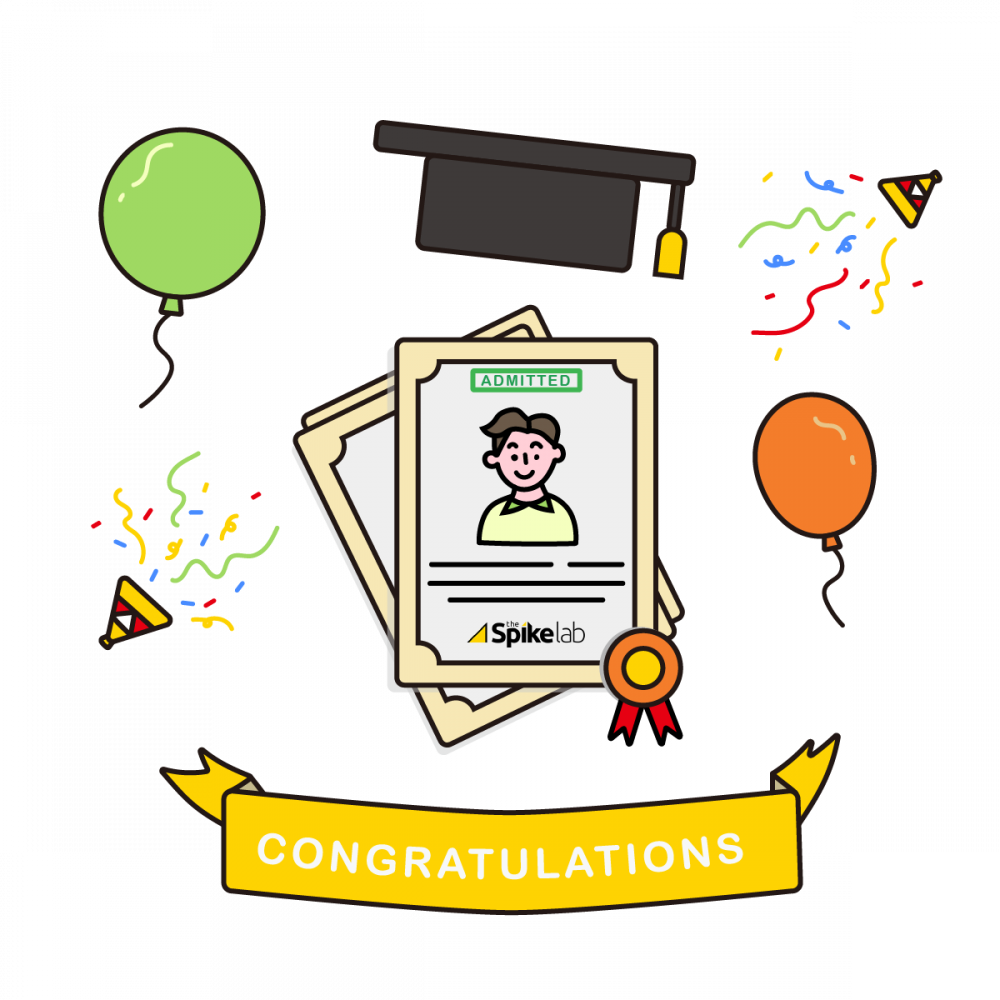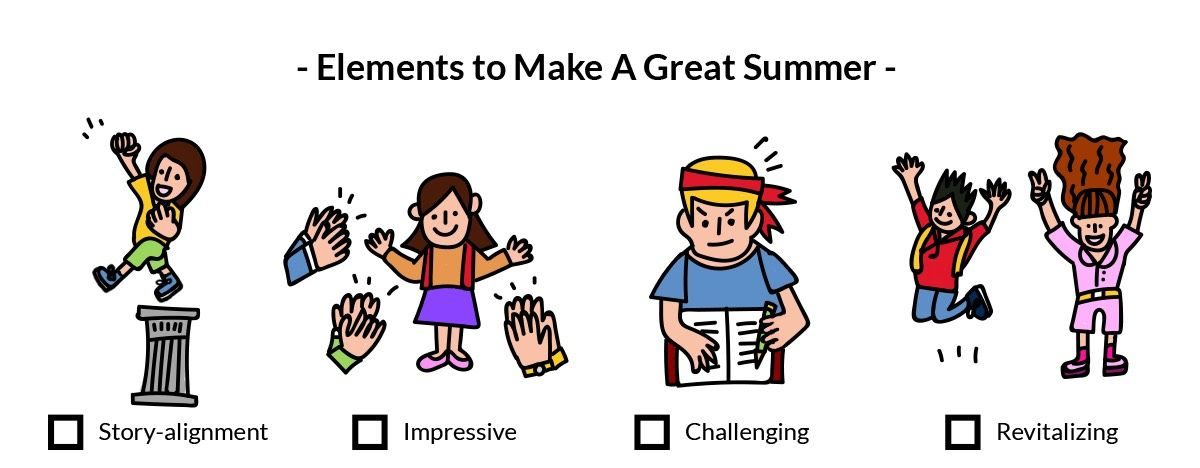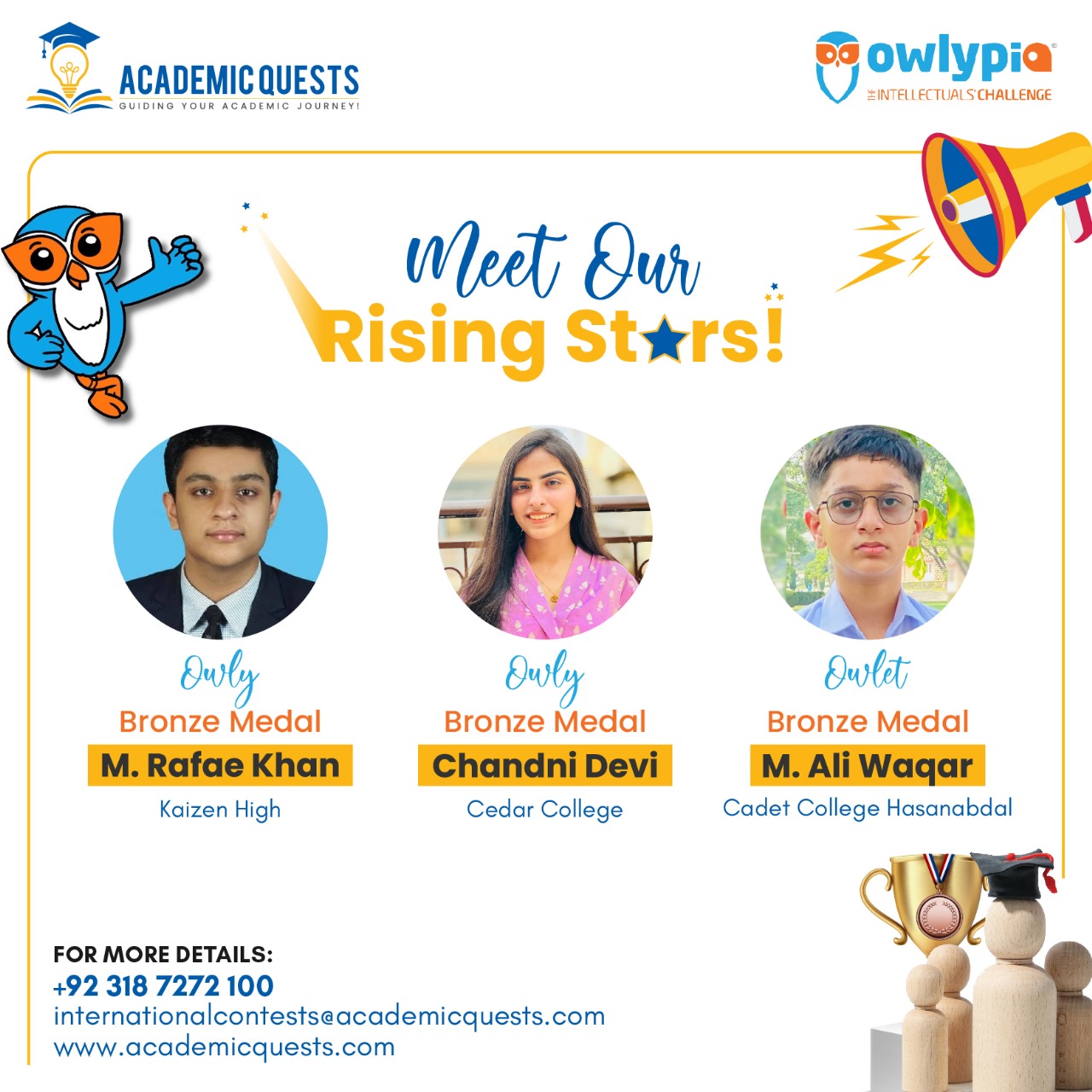Congrats to the Class of 2024!
Congratulations to our Class of 2024 on gaining admission to many wonderful colleges this year! These Spike Lab seniors have worked hard over the past couple of years to launch Spikes, aka passion-based ventures with real-world impact. A Spike is a rare and authentic accomplishment among teenagers, which is why Spike Lab students often gain admissions to a number of the top and best-fit undergraduate programs. This spring, we celebrate our Spike Founders’ results and some notable Spikes. Class of 2024 Admissions Statistics We are grateful for the opportunity to support our students and humbled by their successes, especially in light of colleges of many colleges staying at or around historic lows (Vanderbilt and Duke both hit 5% this year, while most Ivies were below even that), and others reaching new lows (Northeastern, BU, USC, Tufts, NYU, and others had regular decision rates around 5-10%!). Our students were accepted to some incredible schools this year, including Stanford, Yale, Princeton, Duke, Cornell, Penn, UC Berkeley, NYU, Rice, Swarthmore, Wellesley, Amherst, USC, Wesleyan, Carleton, Grinnell, Boston University, University of Michigan, UVA, UNC, Wake Forest, Georgia Tech, and many more. You can find more information about Spike Lab’s historical admissions results here. Featured Spikes Spike Lab is pleased to present a selection of Spikes from our Class of 2024 across a diversity of fields that also made star appearances in college applications. Please note: we refer to the students who launched these Spike as “Spike Founders” to respect their anonymity. Farmers Market Information System Entrepreneurship and AgTech An online system to help vendors at farmers markets share nutritional information, recipes, prices, and other details with farmers market patrons Social Media Agency for Community Based Organizations Marketing and Nonprofits This Spike Founder launched a social media consulting agency that partnered with local nonprofits to work with them on their social media strategies. Custom Playlists for Patients with Alzheimers Neuroscience and Music Music has been proven to have a positive impact on memory, particularly for Alzheimer’s patients. This Spike Founder created playlists tailored to Alzheimer’s patients to support their memory, and partnered with caregiving organizations and memory care administrators to deploy it. A Film “Passport” Website Film and Travel A database of movies from various foreign countries to help people learn about other cultures and “travel” through film. Accountability Groups for Habit Formation Psychology and Mental Health A regular accountability group grounded in habit formation science to support high schoolers on building positive daily routines for organization, sleep hygiene, stretching, and more. Children’s Book on Local Economic Development through Agriculture Writing, Agriculture, and Economics This Spike Founder wrote a kid’s book for their struggling hometown, meant to help foster kids with a sense of community involvement and a better understanding of the forces that shape a town’s economic future. They got their book into several major bookstores. Natural Pools Project Biology and Swimming This Spike Founder became an expert on natural pool systems, creating a media ecosystem around it that included interviews with major companies in the space. Journaling Group for LGBTQ+ Students Writing and Mental Health A group to support LGBTQ+ students through the process of journaling. Musical Relaxation Installations Music and Mental Health Site specific pop-up music performances to support student mental health and relaxation during stressful periods of the school year. Chemistry and Classics Program Chemistry, Classics, and Education Workshops to help kids get excited about the combination of chemistry and classics through project-based learning activities. Join our Spike Coaching Program Each Spike Founder in our Class of 2024 has succeeded in going above and beyond by paving their own solutions to issues in their communities. Each Spike is deeply connected to the respective Spike Founder’s origin story and personal background. Intrinsic motivation and inspiration are foundational to creating uniquely impressive Spikes, in addition to the entrepreneurship skills our 1-on-1 Spike Coaching program teaches. Talk to us to learn more about how we can support your goals in creating an unforgettable and meaningful Spike.




